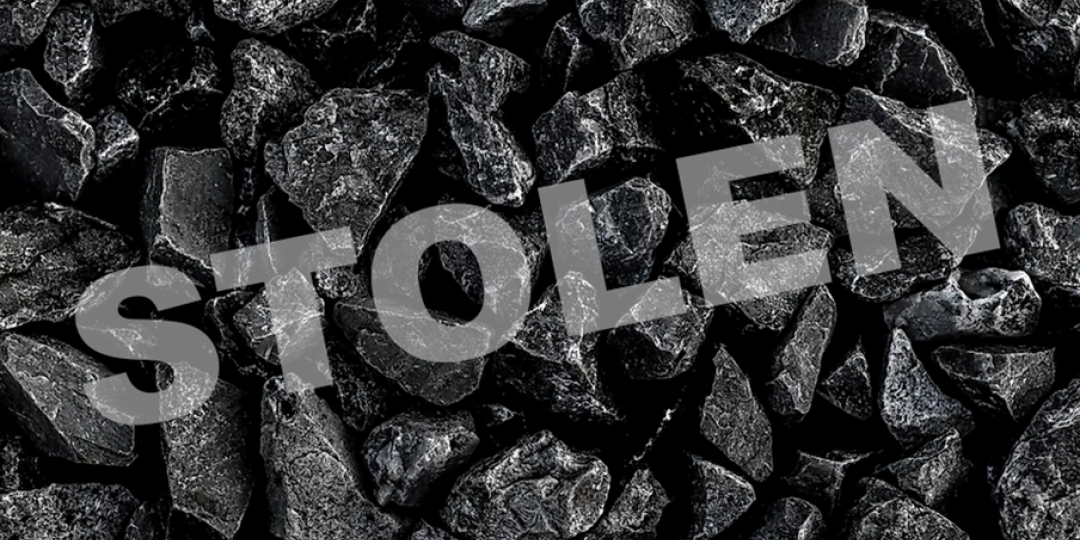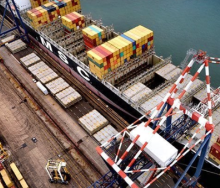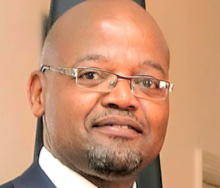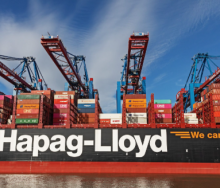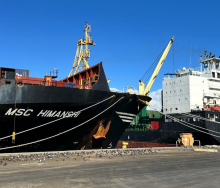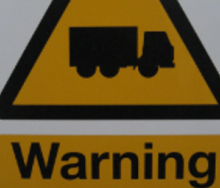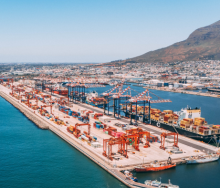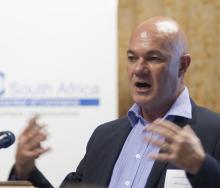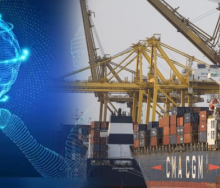The theft of coal cargo in South Africa’s road freight sector by syndicates colluding with corruptible truck drivers can be successfully curbed through weighbridge automation and load-sample testing, a service provider of the technology has said.
An executive of JustWeights explained that their interventionist strategy had a two-fold end goal: on a macroeconomic level, it will help to prevent breakdowns at coal-fired power stations because of sub-grade commodities, and on the load-supplier end it will help transporters root out driver corruption within their own ranks.
“What we have done is we have moved the payment point for a load of coal from the mines to power stations. Once a truck arrives, we measure the load by using an unmanned weighbridge system and test the coal using cost effective truck auger systems.
If a load is found to have even remotely changed from the moment it was picked up to where it is delivered, a sample of coal is taken and sent for independent lab analysis to confirm the contractual value of the coal delivered.
“Auger testing”, the executive said, can be done in three minutes and is regarded as an infallible process to protect Eskom and other end-users from the disastrous effects of burning sub-grade coal, an assessment that has been confirmed by Xavier Prévost of XMP Consulting.
Talking about coal-swopping, the process whereby loads are diverted to illegal coal yards where high-spec coal is offloaded and ore tippers reloaded with discard-grade coal, the executive said it had a direct impact on load-shedding.
“Discard-grade coal has a high ash and abrasive index content, which damages boilers and their tubes when it enters Eskom’s power stations and ultimately causes turbines to be taken offline.”
Automated and unmanned weighbridges secure tonnages and the truck auger systems secure the quality of coal. The costs of these systems are below the salaried costs of weighbridge operators and gets rid of fraud and collusion across the coal supply chain.
“We have to implement these interventions,” the executive said. “Coal theft costs the country millions, and finding solutions to combat commodity crime has been too slow. We believe we have the solution for it.”
He added that JustWeights’ technology could be used across the bulk materials sector, especially those using weighbridges to prevent load interference, but that “auger testing” had been specifically developed for testing the integrity of coal.
Coal theft and its impact on South Africa’s exports from the Mpumalanga coal basin has been well investigated and documented by the likes of Carte Blanche.
Essentially, loads are intercepted between mines and end users, stolen and swopped by illegal resellers who make a mint from retrading high-grade coal at a fraction of the price on the black market where illicit gains are pushed by spiking demand.
Some syndicates make as much as R100 000 per load on the black market, and corruptible truck drivers are paid about R3 000 per diverted load.
One driver has said he makes up to R13 000 per stolen load.
Consider what these drivers generally earn, and that some load-swop drivers are said to make about R170 000 per month on top of their salaries, and it comes as no surprise why coal theft in South Africa has become so lucrative.
On the fiscal end, though, it’s costing the country dearly, with eight full ocean ore loads rejected by import destinations in recent times because of discard-grade coal.
But it's transporters, perhaps, who are feeling the brunt of coal-swopping. RS Regal Carriers, who have caught drivers red-handed, said they have had no option but to repay mines for coal loads lost because of rejection on the delivery end.
If they don’t repay their customers for loads lost to coal-swopping, they won’t get business.
Another transporter, Jabu Ngwenya, told Carte Blanche last November that he had received an R8-million account from a mine for delivering discard-grade coal to an end supplier.
The JustWeights executive said he didn’t know why the uptake for their aritifical intelligence technology was so slow.
“It’s easy to implement, eliminates collusion by ruling out human interference, and costs less than 0.1% of the value traded on the coal market. It’s a low-cost solution against coal theft that is costing the country billions.”
